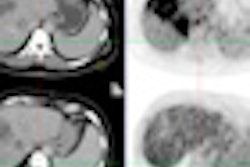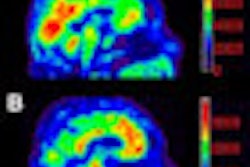The U.S. joined leaders from Belgium, France, and the Netherlands to reaffirm their commitment to minimize the use of highly enriched uranium (HEU) and to ensure a reliable supply of medical isotopes for patients worldwide.
The operators of nuclear reactors in those European countries, which supply molybdenum-99 to customers around the world, plan to convert from the highly enriched uranium processes currently used to low-enriched uranium production by 2015.
Until the conversion occurs, the U.S. plans to supply the three countries with adequate supplies of highly enriched uranium to ensure uninterrupted production of medical isotopes, which are used to diagnose heart disease and cancer and to study organ structure and function.
The announcement of the agreement came on Monday in Seoul at the second Nuclear Security Summit.
The U.S. also announced a similar agreement with Canada and Mexico as part of a joint nuclear security project to convert the fuel in a Mexican research reactor from highly enriched uranium to low-enriched uranium.



















